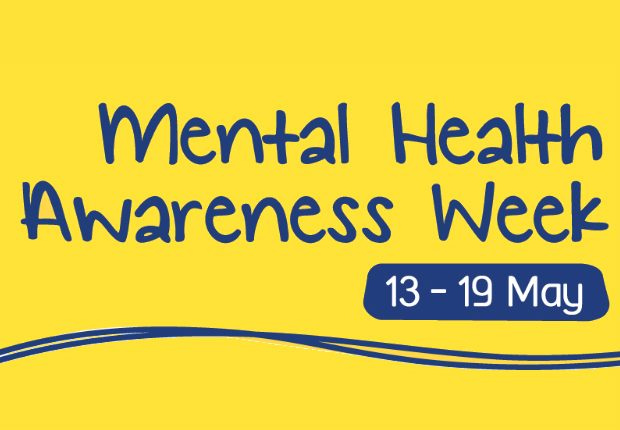
If you had told me a few of years ago that that I would be talking about mental health as part of my job, you might have elicited a rare, very disbelieving, smile. And yet here I am, writing a pretty personal (and not at all pretty) piece on depression, suicidal thoughts and what took me to where I am today. I have got some of the heavy stuff out at the start, so if you are looking for a fluffy story, please adjust your expectations - or stop reading now.
I am not sure why and even when I first became depressed - for the longest time I thought that being unable to point to a specific event or even a particularly negative aspect of my life meant I had no reason to feel the way I did and it was just more evidence of me being an entitled, spoilt and dissatisfied brat. Be that as it may, for more time than I care to remember, my honest answer to the questions: “What did you do at the week-end?” would have been: “I cried and thought up elaborate plans to kill myself”.
You might be glad to hear that I mostly avoided Monday morning conversations at work! More seriously, however, I wish I had felt comfortable enough to be much more open with my colleagues in previous jobs in the private sector - they might have offered support if I had given them (and myself) the chance. This is why I am now so passionate - some might say over-intense! - about playing my part in ensuring our team remains as supportive and open as possible during these times of transition and change.
I would like to make the Fast Stream a programme where anyone struggling with mental health issues can genuinely thrive. This is why I work with Jo and Rachel, the other Mental Health Champions in FSET, to upskill Cohort Leaders on how to talk about MH and to support Fast Streamers. We have ensured many of us are trained as MH First Aiders and delivered resilience workshops to many groups of Fast Streamers.
What really helped me recover? My friends, although many did not know about my depression until I was much better again; having a job which meant I had to force myself to function; a psychiatrist who listened and treated me like a partner in the healing process despite my mind being torn to shreds and, most of all, time and patience.
There was nothing positive about my years with depression but I have certainly learnt how fragile security, life and our sense of identity can be. I wish I could have understood all this in a less painful way but these clichés become suddenly meaningful when you have experienced their truth in such a direct way. I know I might spin into a flat, dark space in my head at any point, which is why I really am grateful for the life I have now – a sentimental reflection has slipped in after all!
I still don’t find it easy to write about my experiences, mainly because I worry that after reading this piece my colleagues and others will stop relating to me as a person and just see the potential depression instead. However, I think this is a risk worth taking if more Fast Streamers and colleagues trust those around them enough to ask for help when they need it. And please, if I smile and look happy, it is probably because I am, so try and see me, in all my weird and (possibly) annoying glory, not just a label.